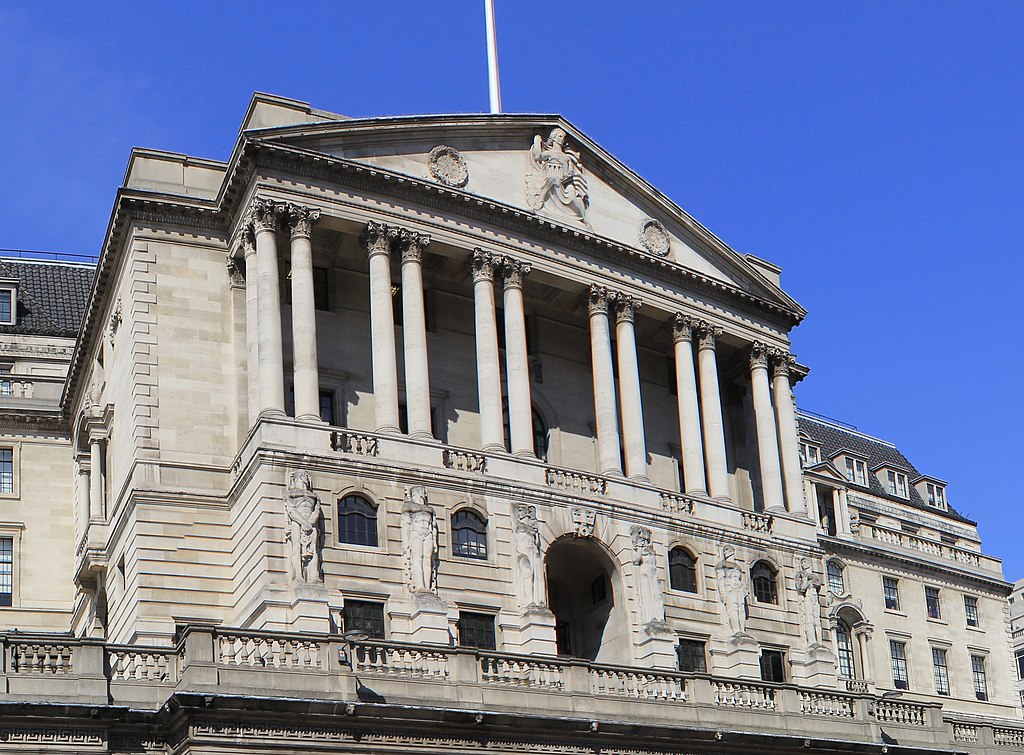Close Brothers Asset Finance’s Business Sentiment Index (BSI), which measures SME business confidence, has risen for the first time since September 2021 following three consecutive falls, and a low at the end of 2022. These were caused, in the main, by rising inflation, energy cost increases and higher interest rates.
Despite the headwinds still being faced by small and medium-sized firms and inflation stubbornly remaining in double digits, wholesale energy prices have fallen from their summer 2022 peaks, and there appears to be more certainty about where interest rates rises are headed, all of which is helping firms plan with more assurance.
This change in confidence is better understood when looking more closely at businesses’ priorities, which are achieving growth (28%) and managing costs (26%), well ahead of issues like paying down debts (9%) and business consolidation (9%).
Neil Davies (pictured), CEO of Close Brothers’ Commercial business, said: “After well over a year of declining confidence – according to our data – it’s encouraging to see an element of positivity returning to the market, no matter how tentative.
“What business owners want, almost more than anything, is an element of consistency, which gives them the ability to plan and forecast effectively. Many of the recent challenges have been entirely unexpected, and after the difficulties of the past few years, it’s impacted their ability to grow.
“But what it has again demonstrated is the continued resilience of the UK and Ireland’s SMEs, and we’re looking forward to working with them in the coming months and years.”
Contact us today to speak with a specialist Commercial Finance Broker to discuss how we can assist you.
Appetite for investment. Overall, the appetite to invest remains strong, as it was at the end of 2022, with three-quarters of UK firms looking to seek funding for investment in the next 12 months, up from 67% in July 2022.
This is reflected across all key sectors, with the most notable rise coming in transport & haulage, where the number of firms planning to seek funding has risen by 9% to 81% (from 72%), while manufacturing & engineering remained very strong at 83%; services saw a fall of 13%, from 76% to 63%.
Missed opportunities. The number of companies that have missed business opportunities because of a lack of available funding fell from 51% at the end of 2022 to 45% in May 2023.
While this is an improvement, these are historically ‘high’ figures – for example, in May 2022, 37% of respondents answered ‘yes’ to the question ‘have you missed a business opportunity in the last 12 months, due to lack of available finance?’.
It would appear businesses are concerned about impacting their cashflow by dipping into their reserves or taking out a standard loan and adding to their debt burden.
Read about the UK Housing Market via our Specialist Residential & Buy to Let Division
Economic outlook. Businesses continue to be more negative than positive about the macro-economic outlook but the gap between positive and negative sentiment narrowed significantly since the start of 2023.
That being said, this indicator that has contributed most to the decline in the overall BSI; for example, in November 2021 75% of respondents were positive about the economy – by December 2022 this had fallen to just 36%.
From a sector perspective, transport & haulage again saw the biggest swing towards the positive.
Predicted business performance. Predictions about future business performance remained stable, with the majority expecting their prospects to remain unchanged. Overall, fewer firms predict they will contract than earlier in the year (10% against 15%).
The most notable rise in positivity is the print and packaging sector, which saw an increase of 20% (19% to 39%) of firms expecting to expand.
Score calculation. The BSI is based on the views of 911 business owners and senior members of the UK’s business community and calculated from data charting their appetite for investment in their business in the coming 12 months; access to finance and whether they’ve missed a business opportunity through lack of available finance; views about the UK’s economic outlook; and thoughts on their likely performance in the coming 12 months.
By Lisa Laverick
Source: Asset Finance International









